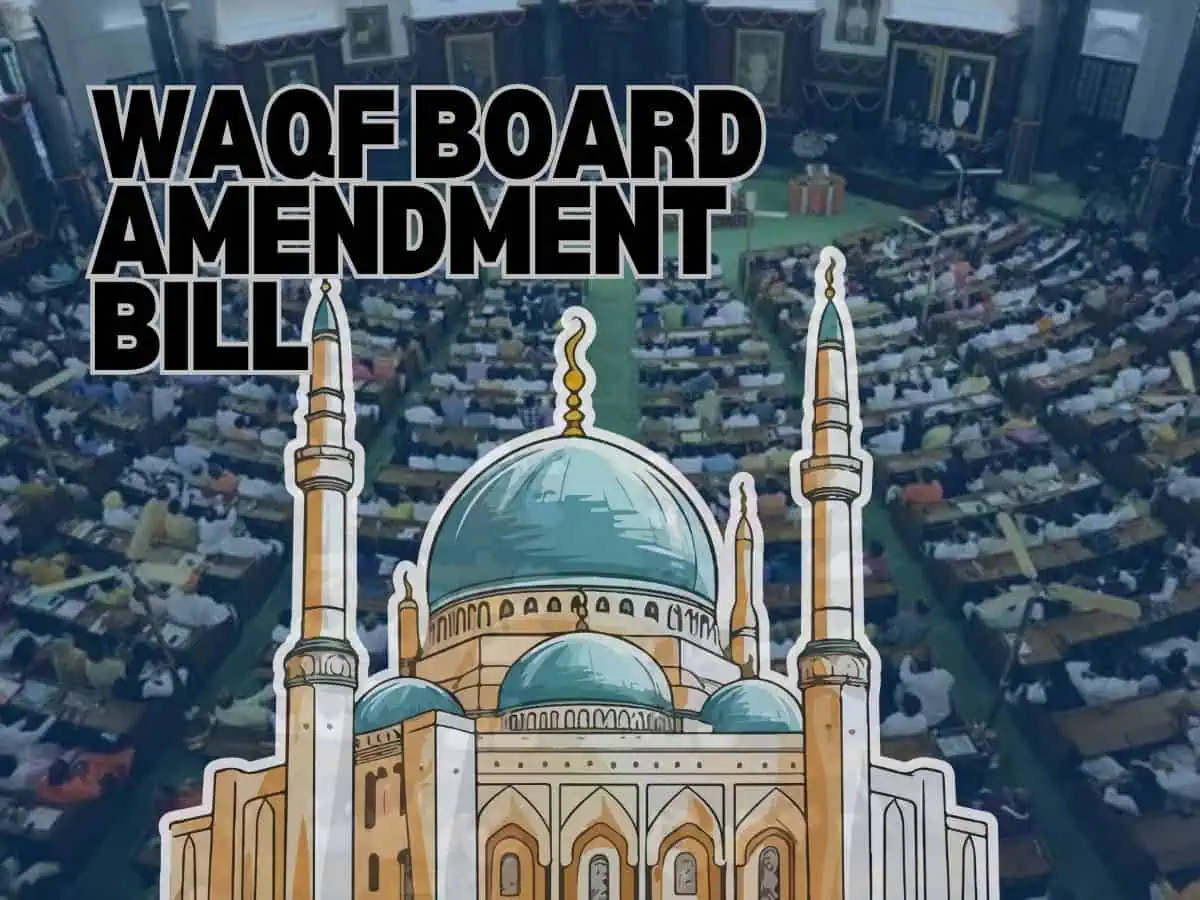Amitha Reji George, Pune
A parliamentary panel reviewing the Waqf (Amendment) Bill has gotten 1.2 crore email responses in spite opposing groups’ attempts to increase support for their different viewpoints on the draft law.
The bill was introduced in the Lok Sabha on August 8 and referred to a joint parliamentary panel after it met with strong criticism from the opposition parties. The opposition parties said the proposed law was unconstitutional, anti minority and divisive. The board is expected to submit the report by next Parliamentary session, the 31-member group will submit its report.
A wide range of viewpoints and concerns are represented in the detailed feedback, which comes from civil society organizations, legal professionals, community leaders, and everyday citizens. Several responders have emphasized the need for accountability and transparency in the management of Waqf properties, citing previous problems with corruption and poor management that have troubled the industry.
Zakir Naik, Islamic preacher has asked his supporters to send responses to the parliamentary panel examining the draft law and oppose the Waqf (Amendment) Bill. But the counter reactions to Naik’s appeal have begun as a number of Hindu groups have asked their members to send emails to the committee backing the bill.
The need for stronger regulatory frameworks to stop encroachments on Waqf land and to make sure that the money made from these properties is used efficiently for community welfare are two important issues that were brought up.
The bill’s opponents have called for the panel to take measures that would preserve the independence of Waqf institutions, noting worries about possible bureaucratic overreach and the possibility of politicisation of Waqf boards. The next actions for the panel will be to confer with key stakeholders in order to clarify and resolve the issues brought up.
Waqf is the permanent dedication of personal properties by Muslims for a specific purpose recognised by the Muslim law as religious or charitable. Once a property is declared it cannot be reversed and its character changes forever.
Currently, waqf properties in India are governed by the Waqf Act, 1995 through local investigations, witness testimonies and review of public documents the properties are identified by state government. Once the property is identified it is managed by a custodian called Mutawalli.
